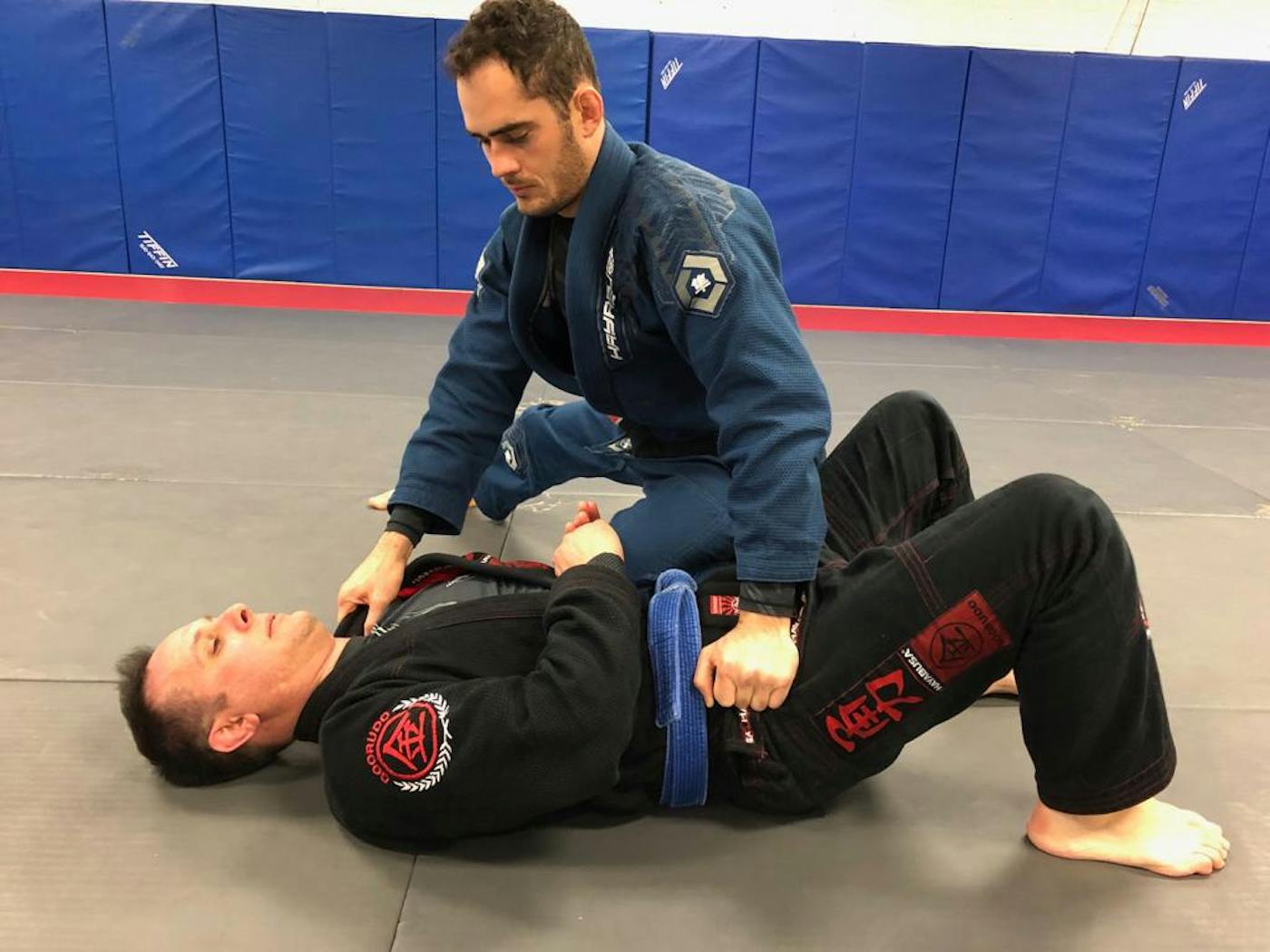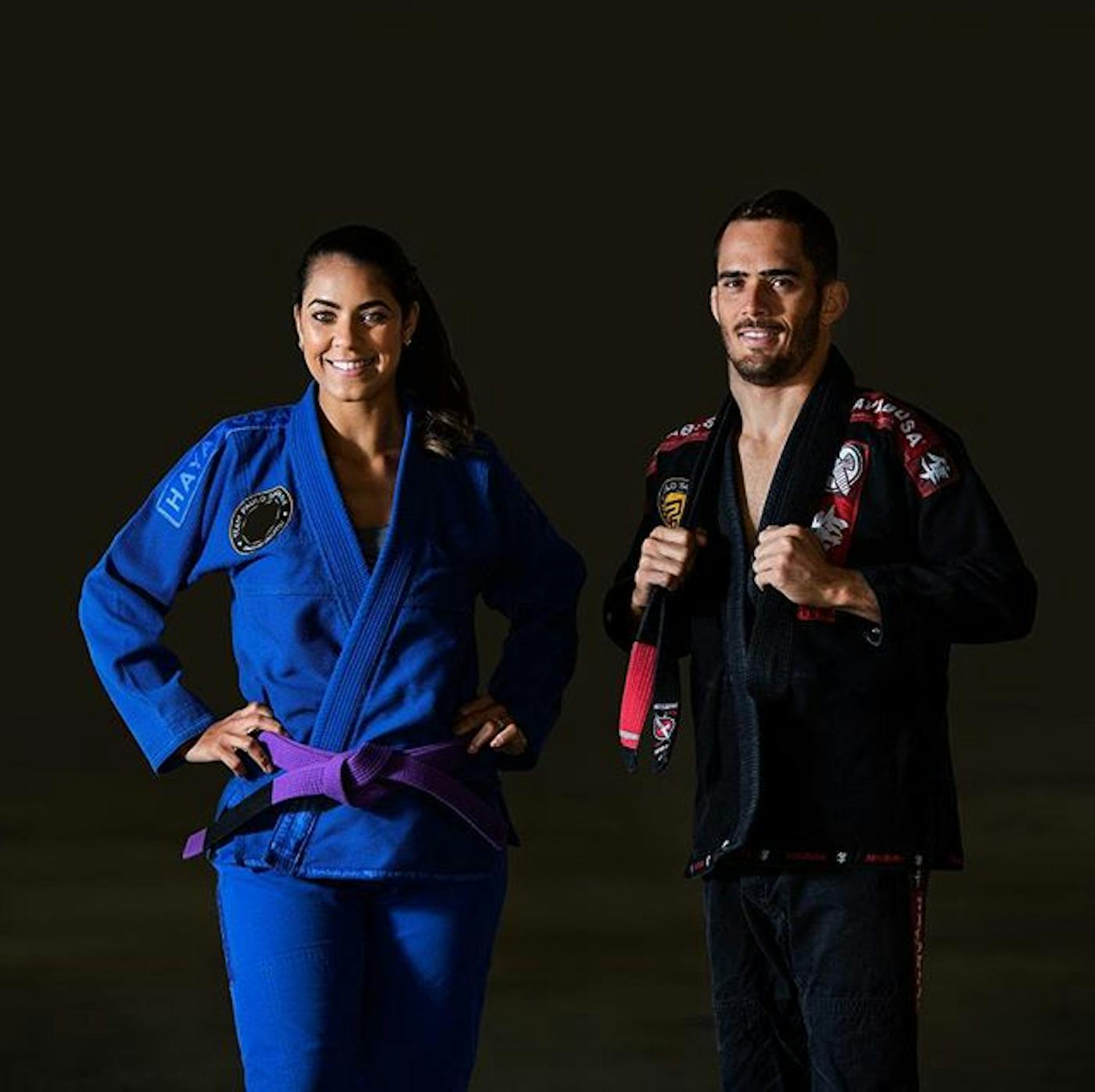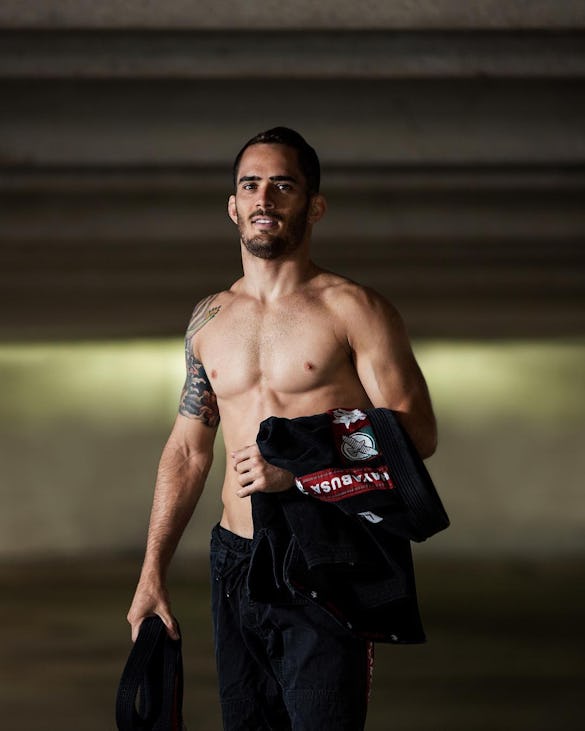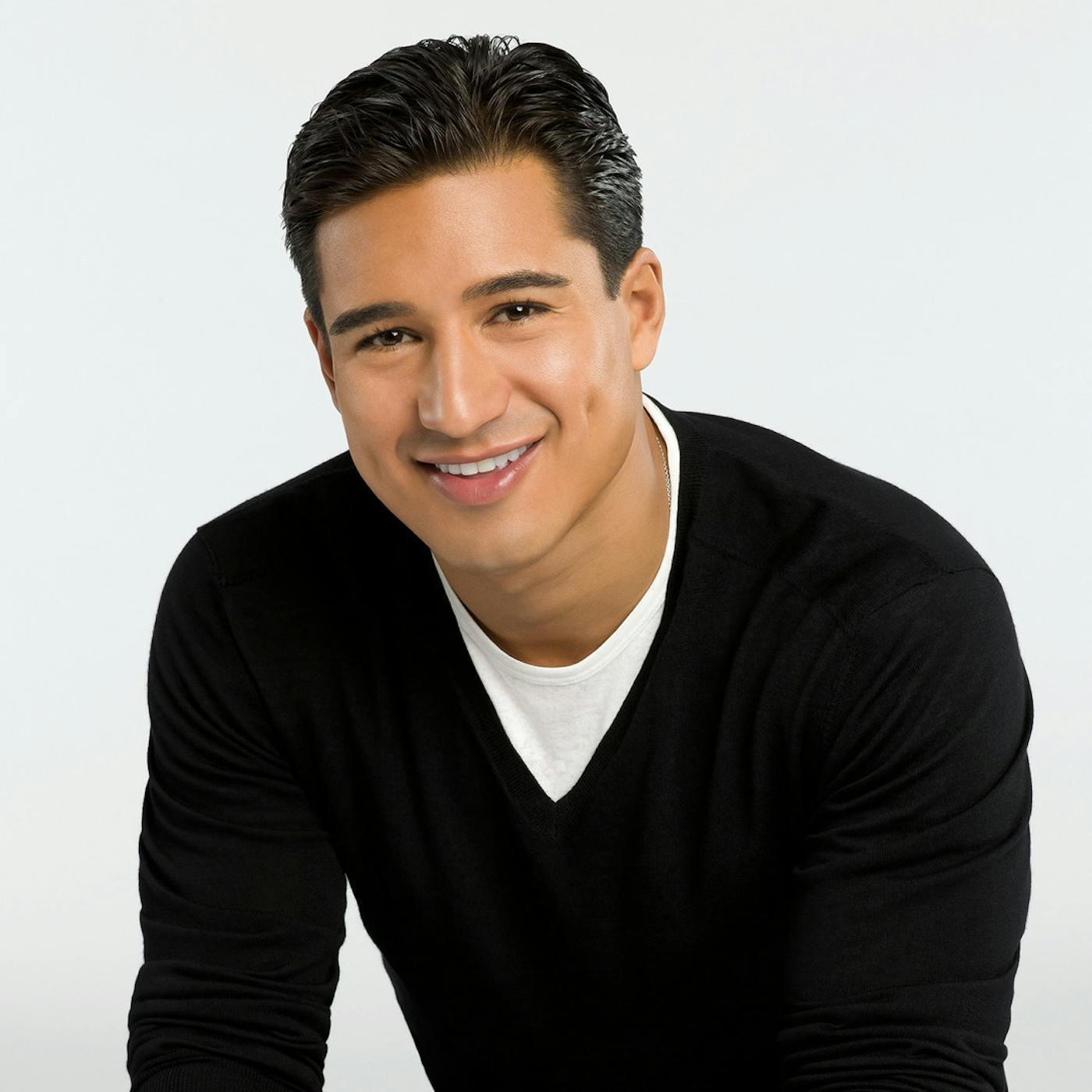As a 14-year-old in Goiânia, Brazil, Paulo Santana had no idea his introduction to Jiu Jitsu would lead to a new life in a new country. Back then, teenage Santana sought an activity that would test him in some way, and enrich his life.
“I was looking for a martial art where I could enhance myself,” Santana told Hayabusa during a recent interview. “I tried a little bit of other martial arts like Capoeira, Karate, Judo, but I didn't like them as much as I liked Jiu Jitsu.”
He also enjoyed the fact that a smaller person could control a much larger opponent through simple techniques. It wasn’t simply about brute force.
It was “The Gentle Art” that led Santana to discover his competitive side. As such, he thrived in the sport, consistently finishing in the Top 3 of the tournaments he entered. Most times, however, his day ended at the top position of the podium.
In 2013, a little more than a dozen years after his introduction to Jiu Jitsu, Santana traveled to the United States to compete in a tournament. Little did he know, life as he knew it would soon change. After returning to Brazil, Santana’s mind was made up: He was moving to the U.S.

For me that was the most important thing

“The first thing was the most important tournaments in the BJJ community are here in the United States,” said Santana, now a 32-year-old husband, father, and Jiu Jitsu black belt. “Then if I was in Brazil, I don't think that I’d be able to go and compete at all of those tournaments. Now that I’m living here, I think it's a lot easier and I have more time to train. I can have more time to dedicate as a competitor.”
He initially immigrated to Virginia in 2014 where a friend sponsored him, gave him a place to live and allowed Santana to train and teach students at his gym. Had that friend not offered the kindness he did, Santana is convinced his story would be different.

“For me that was the most important thing because if he hadn't given me that opportunity, I would not be here,” he said. “In Brazil I was teaching and studied physical education. I was a personal trainer and that was the most important thing — to come here and do the same thing I was doing in Brazil.”
Months after settling in Lynchburg, Virginia, Santana’s then-fiance and now wife, Priscilla, immigrated to the U.S. to start their new lives together.
In 2015, Santana had an opportunity to meet 8-time Jiu Jitsu black belt champion Lucas Lepri an hour south in Charlotte, North Carolina. Once a relationship was established and trust was earned, Lepri, who in addition to competing is also an instructor, tapped Santana to lead the Brazilian Jiu Jitsu program at affiliate American Martial Arts in Winston-Salem, NC. The opportunity has since led to Santana’s current role as head BJJ instructor at The Kraze Fitness and Martial Arts in Winston-Salem. This school is also a Lucas Lepri affiliate.

I was teaching by numbers.

During the early days as an instructor in a new country, there was a language barrier for Santana and his students. He hadn’t quite mastered the English language and that meant a dose of creativity had to be incorporated into each of his lessons.
“From the beginning, I didn’t know how to speak English very well,” he said. “I was teaching by numbers. Each position I was saying, ‘No. 1, No. 2, No. 3’ and then my students helped me out a lot with English.”
Santana used a number of tricks to get his English to a conversational level. First, he made sure he spent a lot of time with Americans who spoke English. That gave him no other option but to speak English while with friends. Another method he and his wife used, and arguably the most entertaining, was Netflix.
The couple watched shows with subtitles, helping them decipher those unfamiliar words, but once their English improved, the subtitles were taken off. So what did they watch to gain a healthy understanding of the English language?
“So my wife loves Netflix,” Santana said laughing. “We would watch Breaking Bad, we watched Dexter, Stranger Things. We watched a lot. That helped me a lot, to watch movies with the subtitles. Then after I started to understand a little more, I took the subtitles off and then I was learning more.”

It’s not just Netflix for which the pair share a passion. Priscilla Santana, who gave birth to the couple’s first child less than a year ago, is a Jiu Jitsu practitioner and is ranked as a purple belt.
The affinity to learning is something that encapsulates what it means to be fully committed to Jiu Jitsu. You must be willing to place yourself in foreign and often uncomfortable positions in order to grow. That same level of commitment to evolving and becoming better lives in each of Santana’s students.
“Jiu Jitsu is a really good sport because we always want to improve,” said Santana, who counts Marcelo Garcia and Lucas Lepri as two of his Jiu Jitsu heroes. “We always want to be better and if you want to be better, you have to eat better, you have to be at the gym more. Sometimes the other guy’s more flexible than you and you feel like. ‘I have to work a little bit more on my flexibility.’ Or, ‘He’s doing that technique better than me, so I have to spend a little more time to improve.’ I eat better, I sleep better and this reflects in real life, not just in a match.”
Santana’s drive to live a healthy life has permeated to his family members. His parents, siblings as well as other relatives have dedicated themselves to bettering their diets and committing to exercising more.
Not only did Santana emerged as a top talent and contender on the mat in his native Brazil, he solidified himself as a valued member of the Jiu Jitsu community. Santana created “Gatas no tatami,” an all-women’s Jiu Jitsu class in his hometown. He says thanks to a healthy curiosity, heavy internet buzz, and media coverage, his women’s course became a success and led to him forming “Gatas no tatami.”
“I had my first group of students in one gym in Brazil and then my wife started training with me and the girls became more interested in training,” Santana said of the formation of Gatas no tatami. “Then we started a girls only Jiu Jitsu training, an exclusive class for girls. That gave me good results and we had a lot of girls.”
In all of his teachings, Santana stresses to his students how they are learning to defend themselves if ever a situation requires it. He says that’s enough to keep them motivated to learn and continue their journey through Jiu Jitsu.
“The most important point in Jiu Jitsu that you can’t lose is the self defense that you learn,” he said. “You learn how to defend yourself. I think this is really the most important thing they need to know, all the students. Because if they just do it, there's no point. I don't think they’re going to keep going. But if you learn how to defend yourself, I think that’s a really important thing. So if I meet someone who has never done Jiu Jitsu, I tell them if you do that, you’ll be able to defend yourself in different situations.”
And now, Santana can convey that message in both Portuguese and English.

Paulo Santana started training Jiu Jitsu at the age of 14 and quickly rose through the ranks in competitions throughout Brazil.






